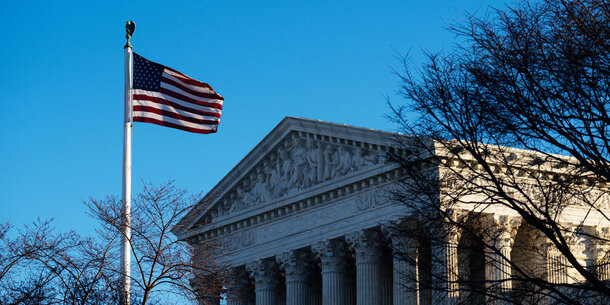On June 19, 1865, Union troops arrived at Galveston Island, Texas, to deliver the news of freedom. While the Emancipation Proclamation had been signed over two years before, local Confederate leaders refused to inform the people enslaved in Texas of their new status. Union troops intervened by traveling throughout the state professing General Order Three, a decree granting “an absolute equality of personal rights” to those enslaved.
Though Juneteenth was born from a victory over the denial of Black Americans’ rights, today we celebrate it while recognizing that the promise of true freedom remains a work in progress.
The legal entitlement to absolute equality was not self-enacting even in 1865. Just a year later, restrictive Black Codes were adopted throughout the South, dictating how Black people could live their private and public lives, from acceptable public speech to punishments for violating curfew.
Through protest, litigation, and legislation, the scope of freedom has expanded. The right to vote, access to quality education, the ability to pursue a profession, purchase a home, and to innovate in the marketplace have all become part of that freedom. Though these rights are all embedded within the basic notion of citizenship, they all had to be earned by Black Americans.
But just as in the period following Reconstruction, we are witnessing a disturbing era of retrenchment. Unfortunately, the judiciary has enabled this trend using the very laws originally drafted to enshrine these newly won freedoms for freedmen in the 19th century. Just this month, for instance, the U.S. Court of Appeals for the 11th Circuit relied on an absurd interpretation of the Civil Rights Act of 1866 to strike down a program increasing Black women’s access to venture capital funds because it was racially discriminatory. The ruling callously ignores that venture capital allocated to Black founders represents only 1 percent of the total allocated nationwide.
Concerted attacks on programs that improve outcomes for Black people on the grounds of “racial fairness” or “color blindness” extend beyond the financial sector. Anti–affirmative action activists have employed the Equal Protection Clause of the 14th Amendment to challenge a state-funded maternal health equity program in California. The suit alleges that the program is discriminatory in nature by providing stipends for pregnant Black and Pacific Islanders in San Francisco. The ironies abound. A provision designed to protect the formerly enslaved from discrimination and later relied upon to protect reproductive rights in Roe v. Wade now serves to deny Black women lifesaving assistance while pregnant. All while ample evidence shows that Black women are nearly three times more likely than others to die while pregnant.
The expansion of freedoms for Black Americans nearly 160 years after emancipation is at risk, and it depends upon judges and legislators recognizing an obligation to fulfill the promises of Juneteenth. Disappointingly, Supreme Court Justice Clarence Thomas illustrates this. Just this term, he questioned the Court’s decisions recognizing rights for Black Americans: while noting that the Court should not rule on congressional maps that disenfranchise Black voters, Thomas also claimed the Court had gone too far in the landmark anti-segregation case, Brown v. Board of Education.
Our remaining hope against this systemic backpedaling is the strengthening of public power in our democracy.
A system that is built for true mass participation, that allows people to elect the candidates of their choosing, that allows people to express their discontent through protest is precisely what Juneteenth envisions for all Americans. Ballots hold the power to direct public resources to pursue justice for the marginalized and to guard against antidemocratic forces. We therefore have an obligation to ensure that leaders in all of our institutions regard access to the ballot as a necessity. That includes defending the ability to cast a ballot and for communities to be able to select the candidates of their choice.
Juneteenth is a chance to reflect on the perseverance of Black Americans in the face of individuals and systems who have worked to stifle our progress. As we celebrate, we must remember that freedom has never been given — it has always been fought for.



